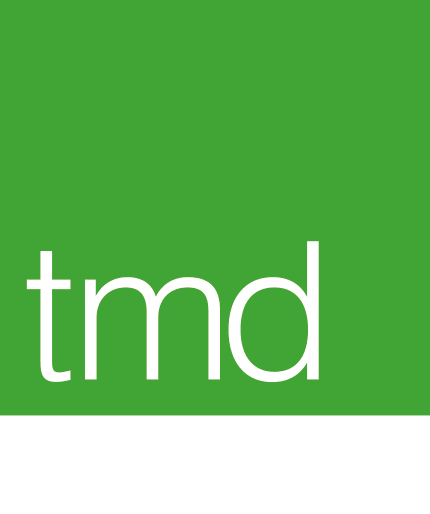Common questions about home insurance

Home insurance covers private homes, buildings and contents, protecting your property and valuables if anything unexpected happens. Here, we look at some of the most common questions asked when people are arranging cover and provide some answers to help you make the right decision for your needs.
How do I calculate how much buildings insurance I need?
Insurers will ask for the rebuild cost of your home, which is different to its market value. The rebuild cost doesn’t allow for the value of the site on which the property is built, but it does include the cost of clearing the site, rebuilding the property in its current form and professional fees. A qualified surveyor can work out the rebuild cost, or you could use the calculator on the Association of British Insurer’s website at https://abi.bcis.co.uk/ (Please note, this won’t be suitable for properties that aren’t of standard builds, such as listed buildings or those built from unusual building materials.)
What happens if I’m underinsured?
If you don’t provide an accurate rebuild cost, you could be underinsured and may not receive the payout you need in the event of a claim, which could leave you financially worse off.
How do I know when my house was built?
Check your mortgage valuation or survey; if your neighbour’s house is similar, they may know the date. If you’re unsure, provide an approximate year of construction.
What’s the difference between buildings and contents cover?
Building insurance protects the structure of your home and outbuildings and generally includes the fixtures and fittings of your home, such as roof, walls, ceilings, floors, doors, windows and fitted kitchens/bathrooms. Contents cover normally includes your possessions, such as clothes, furniture, electrical items and valuables.
How much contents insurance do I need?
You need to go around each room and add up the value of all the contents, including your garage, shed and garden. There’s a useful checklist to help you add up the value of the contents in each room at the Association of British Insurers.
How do I know if I have the right kind of locks?
The majority of insurers require, main external doors to be secured by a 5-lever mortice deadlock or key-operated multi-point locking system and all windows to be protected by key-operated locks Check your door locks to see if they have the British Safety Standard Kitemark symbol – most homes have locks compliant with BS3621, the insurance industry standard. Please be aware that if you wrongly guess which locks are installed and then get burgled, your insurer could refuse to pay your claim.
Does contents insurance automatically cover money?
Most policies cover a limited amount of money in the event of theft from the home. It’s unlikely they will cover cash lost or stolen while you’re carrying it on your person. This would need to be added as an extension to your policy at an extra cost.
Am I covered for moving house?
Contents insurance can provide cover for your contents while professional removers are moving them from your existing home to your new permanent home, including temporary storage.
Does my insurance include outbuildings?
Buildings insurance covers outbuildings used for domestic purposes, as long as they are at the address shown on the schedule, while contents insurance can include cover for the contents of your garage or outbuildings.
What’s included under ‘accidental damage’ cover?
This covers sudden, unexpected damage, such as a football smashing a window (buildings insurance) or a spill on a carpet (contents insurance). It doesn’t include wear and tear.
Does my policy cover items damaged by ‘wear and tear’?
Home insurance policies don’t cover wear and tear, only damage caused by sudden and unexpected events.
What is personal belongings cover?
Personal belongings cover is for personal items, such as phones, laptops, jewellery, and cameras, while in or away from home. This is not usually covered in a standard contents policy but is available as an optional extension for which you pay extra.
Are items replaced on a ‘new for old’ basis?
Items are generally covered on a ‘new for old’ basis, and the claim may be settled by replacement, reinstatement, repair or payment so that you can choose your replacements.
What is the ‘excess’ on a home insurance policy?
The excess is a fixed amount you agree to pay towards the cost of a claim before the insurer pays the balance. The higher your excess, the lower your premium will be. The excess can vary, depending on the nature of the policy, but it is usually a few hundred pounds.
Do I need to tell my insurer I’m having building work done?
Yes, you will need to change your cover to reflect any increase in the rebuild cost of your home. You should inform your insurer about any work carried out that could increase the risk of damage to your home or its contents, and you may need to take out extra insurance. It is also worth mentioning that if the work being carried out impacts the rebuild cost of your home, you’ll need to advise your insurer of the new figure.
If you’d like to know more, the Association of British Insurers has published a guide: Common Questions About Home Insurance, which is available as a download at this link.
To discuss your home buildings and contents insurance, please talk to TMD. We can answer all your questions and ensure you have the level of cover that’s right for your needs. Call us today on 01992 703 000 or email insurance@mcdonaghs.co.uk Our business in your protection.
Sources:
Lloyds Bank 7 Top Questions Answered
Aviva Home Insurance
Bonkers - 12 Common Home Insurance Questions Answered
Abi - Common Questions about Home Insurance

